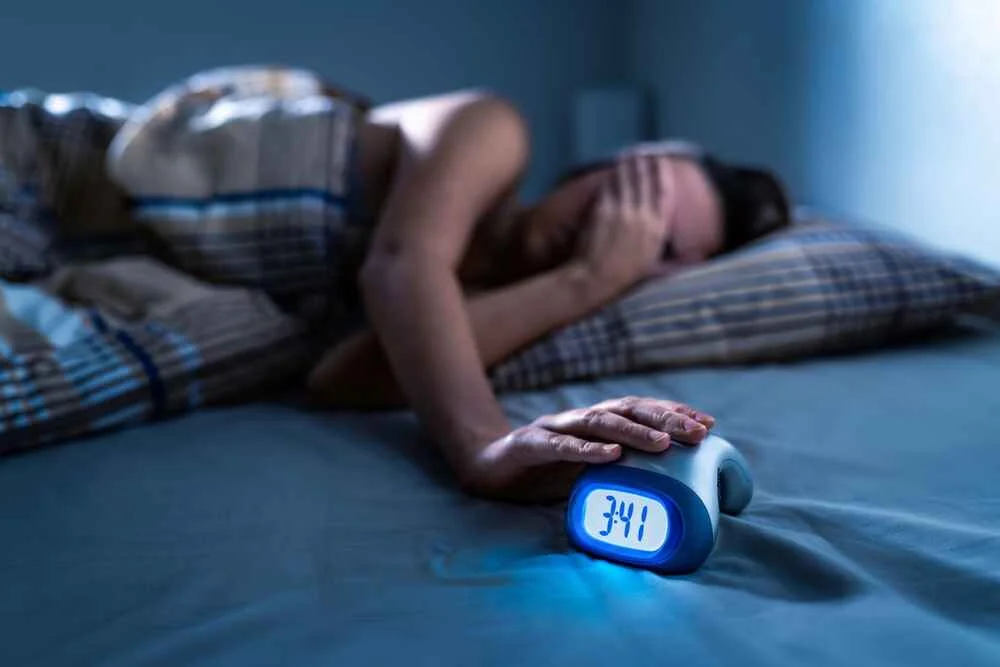Understanding the Importance of Sleep for Recovery
Sleep is not just a passive activity but an essential process for physical and mental recovery. During sleep, your body undergoes crucial processes like repairing tissues, strengthening the immune system, and consolidating memories. You might experience weakened endurance, slower reflexes, and impaired cognitive function when you’re sleep deprived. Prioritizing quality sleep fuels your overall health and ensures you wake up feeling refreshed and ready to take on the day.
Optimizing Room Darkness for Deeper Sleep
Darkness plays a vital role in quality sleep. Scientific studies show that exposure to even a small amount of light during sleep can disrupt melatonin production, a hormone crucial for sleep regulation. Blackout curtains significantly improve sleep quality by completely blocking out external lights. Additionally, tackling tiny light sources like LED indicators on electronics can make a significant difference. Consider using an eye mask if eliminating all light sources is challenging. The darker your room, the better your chances of achieving deep, restful sleep.
Temperature Control for Restful Nights
The temperature of your sleep space directly impacts how well you rest. Experts recommend keeping your room between 60°F to 67°F (15°C to 19°C) for optimal sleep conditions. Your body naturally lowers its core temperature at night, and an overly warm environment can interrupt this process. Using a fan, opening windows for airflow, or investing in a cooling mattress pad can help maintain an ideal temperature. A comfortable, cool environment is key to avoiding sleep disruptions caused by overheating.
Sound Management for Uninterrupted Sleep
Noise disturbances can significantly affect your ability to fall and stay asleep. External sounds can disrupt the cycles that regulate sleep, leaving you feeling groggy. White noise machines or apps can help create a consistent, soothing auditory environment by masking sudden noises. Earplugs are another excellent solution if external noise persists. Prioritizing sound management in your sleep environment ensures your brain receives the uninterrupted rest it needs to function optimally.
The Role of a Comfortable Mattress and Bedding
Your mattress and bedding are vital aspects of sleep hygiene. A good mattress provides spine support and minimizes pressure points, reducing tossing and turning during the night. Memory foam, latex, and hybrid mattresses are popular for their ability to conform to your body. Pair your mattress with pillows that support your neck’s natural curve and quality bedding made from breathable materials like cotton or bamboo. These investments in comfort can drastically improve the quality of your sleep.
The Power of Aromatherapy for Relaxation
Scents have a profound effect on relaxation and sleep quality. Aromatherapy, particularly with essential oils like lavender, chamomile, or cedarwood, has been shown to increase calmness and decrease stress. A diffuser can fill your room with soothing scents, creating a relaxing ambiance that promotes uninterrupted sleep. Alternatively, you can lightly mist your pillows with a lavender mist or use scented candles an hour before bedtime to set the mood for relaxation.
Creating a Consistent Sleep Schedule
A regular sleep-wake cycle regulates your body’s internal clock, also known as the circadian rhythm, which dictates your sleepiness and alertness. To reinforce this natural rhythm, sleep and wake at the same time every day. Over time, your body will become attuned to this schedule, making it easier to fall asleep and wake up without relying on an alarm. Consistency is the foundation for long-term sleep success.
Utilizing Technology Wisely
Electronic devices emit blue light that interferes with melatonin production and can disrupt sleep if used too close to bedtime. Aim to reduce screen time at least an hour before sleep. Alternatively, enable a blue light filter on your devices or invest in blue light-blocking glasses. Dimming room lights and switching to softer, warmer tones in the evening can also signal your body that it’s time to wind down. Smart usage of technology can protect your sleep and overall health.
Optimal Environmental Conditions for Sleep
Below is a sample chart to summarize the ideal sleep environment:
|
Factor |
Optimal Range |
|---|---|
|
Temperature |
60°F–67°F (15°C–19°C) |
|
Darkness Level |
Complete darkness (blackout curtains recommended) |
|
Noise Level |
Less than 40 decibels (use white noise if needed) |
|
Humidity |
30%–50% |
By creating an environment within these ranges, you can enhance your sleep quality significantly.
Mindfulness and Relaxation Techniques
Mindfulness practices like meditation and deep breathing are powerful tools for better sleep. These techniques help calm a restless mind by focusing your attention on the present moment. Guided sleep meditations, which are available in apps or online, can prepare your mind and body for rest. Even a simple practice like diaphragmatic breathing (slow, deep breaths through the belly) before bed can reduce stress and improve the likelihood of falling asleep quickly. A quiet mind often leads to a peaceful night.
Frequently Asked Questions
Why is a consistent sleep schedule critical to recovery?
A routine reinforces your circadian rhythm, improving your body’s ability to repair and recover efficiently during sleep.
Can I oversleep and feel worse?
Yes, oversleeping can disrupt your circadian rhythm, leaving you feeling fatigued and groggy the next day. Stick to 7–9 hours of sleep for optimal recovery.
How can I measure the quality of my sleep?
Smartwatches, sleep trackers, and health apps often monitor sleep patterns, helping identify areas that need improvement, such as disruptions during REM or deep sleep cycles.
Can certain foods affect sleep quality?
Yes, foods rich in magnesium, like nuts and bananas, or those containing tryptophan, like turkey, can aid sleep. Avoid heavy, spicy meals and caffeine close to bedtime.




